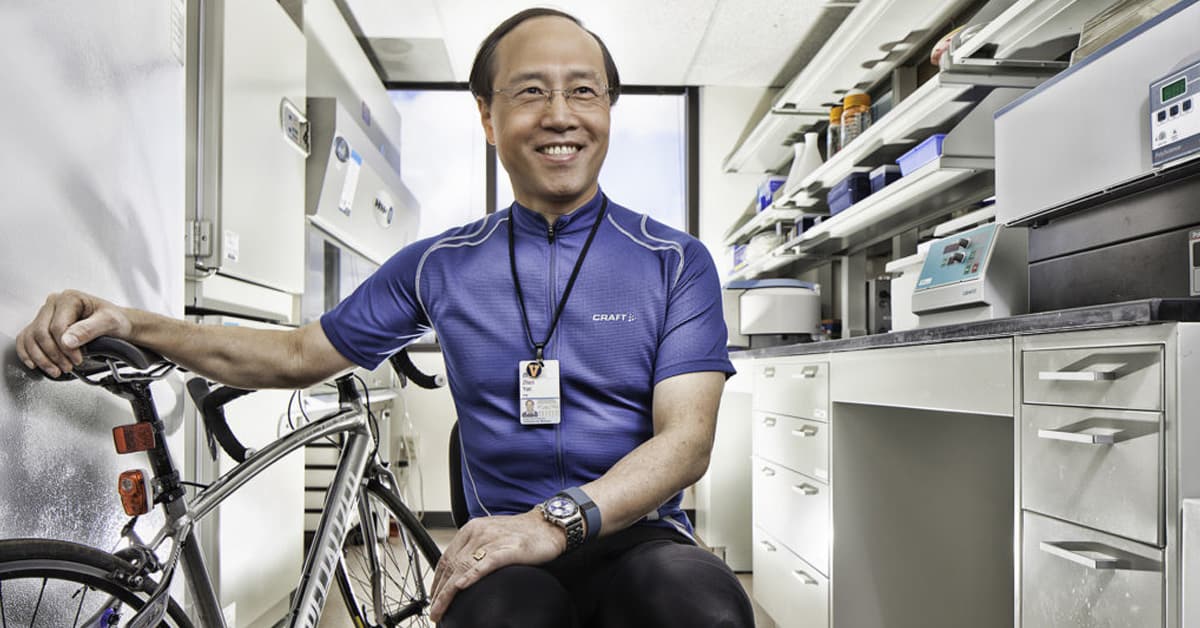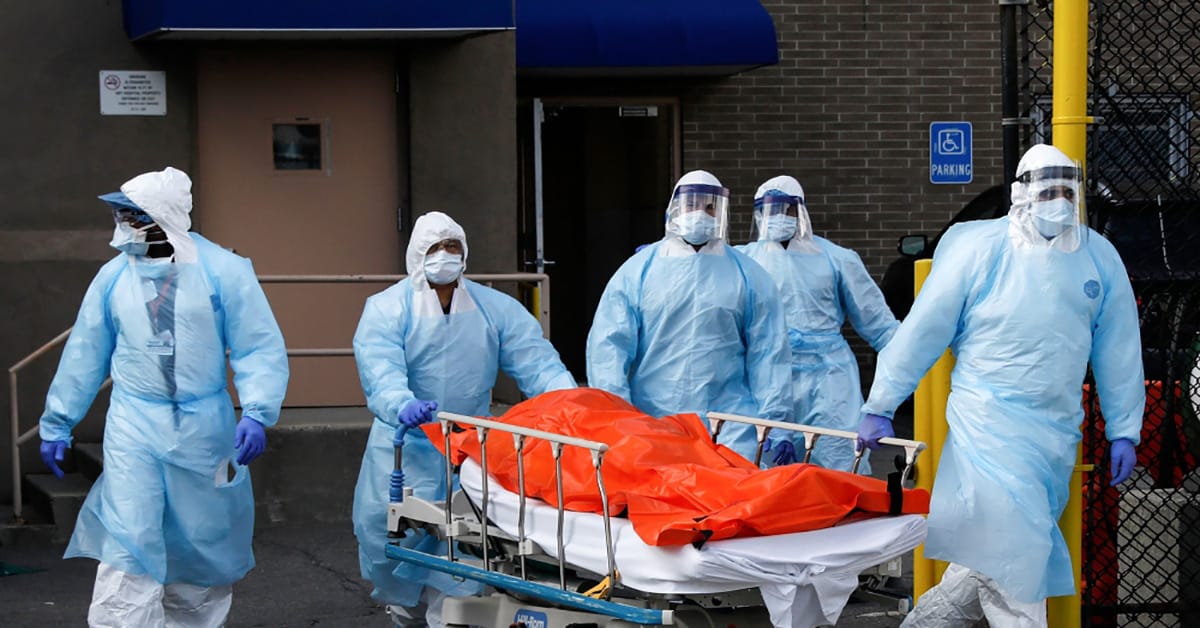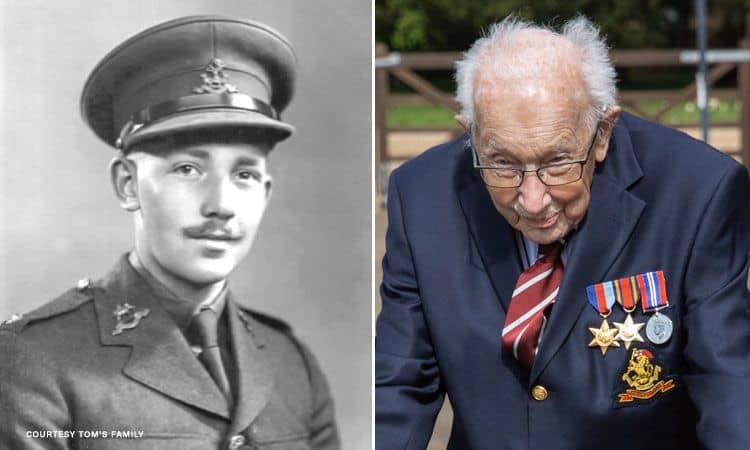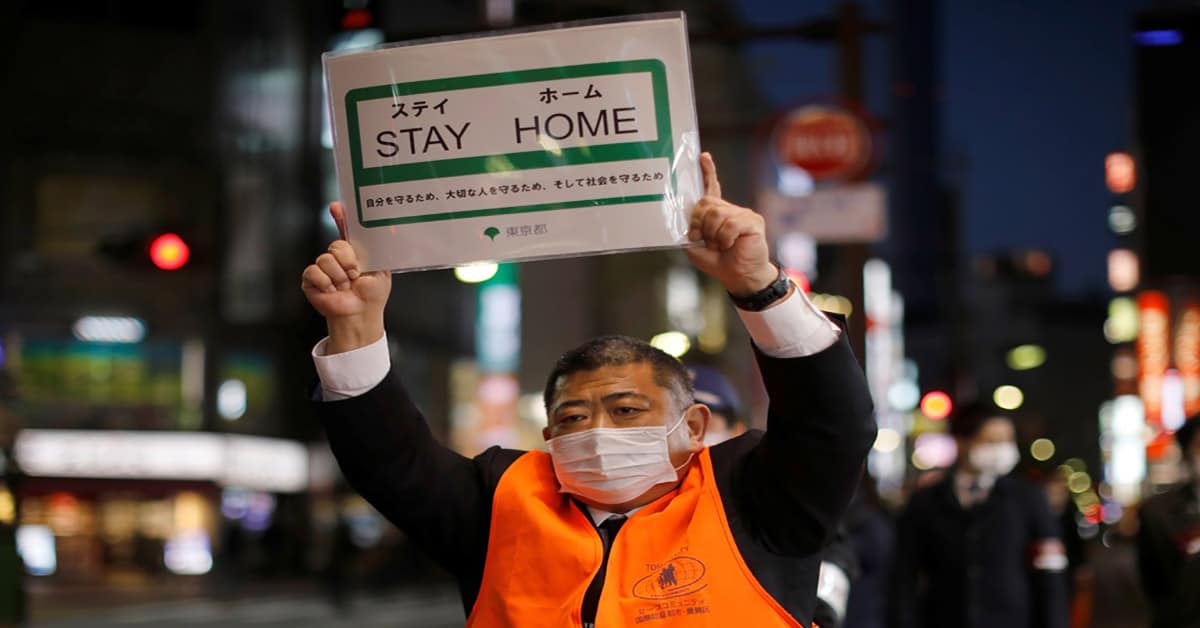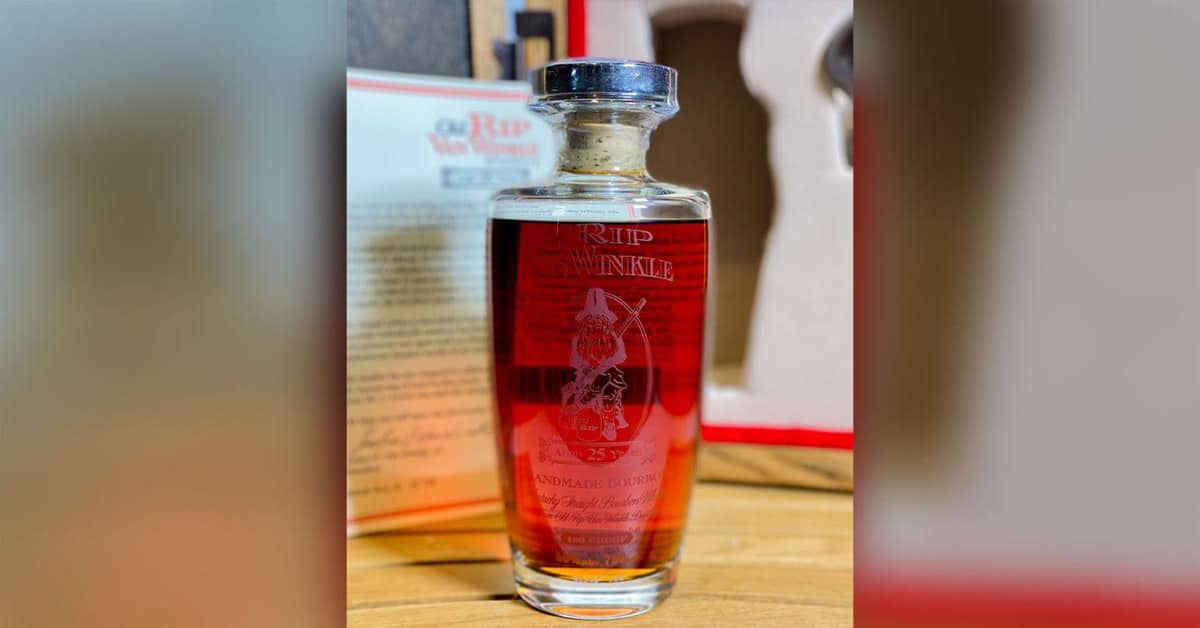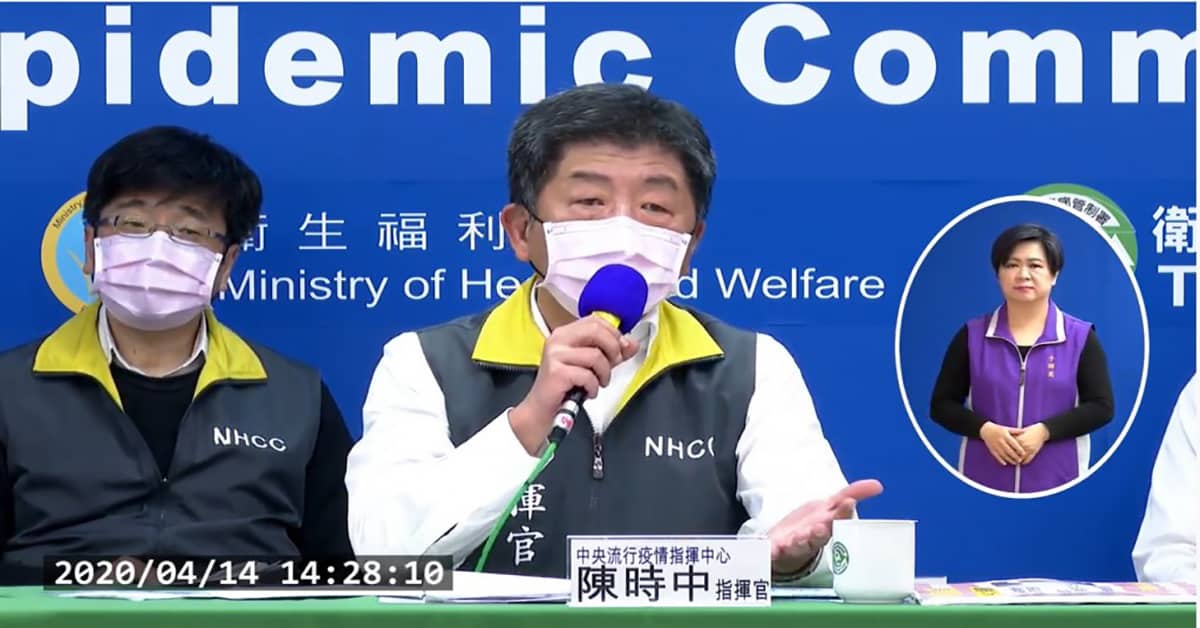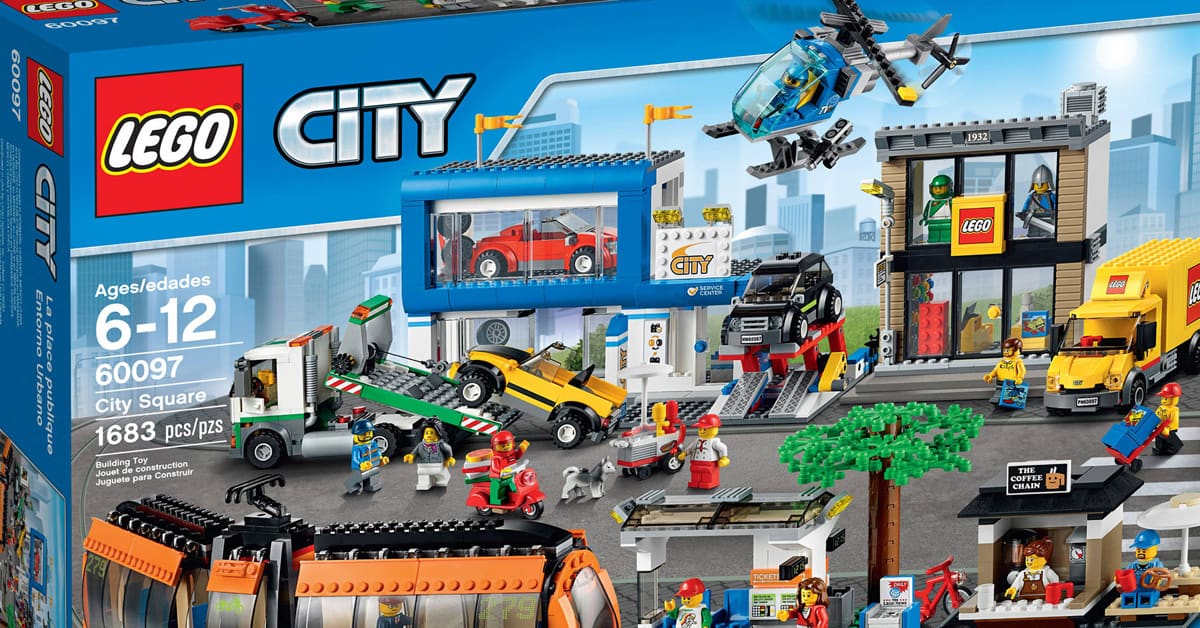Vietnamese-owned nail salons donate thousands of masks, gloves, more to hospitals!
The praiseworthy action today is that Vietnamese-owned nail salons donate thousands of masks, gloves, more to hospitals. Catch the full details below!
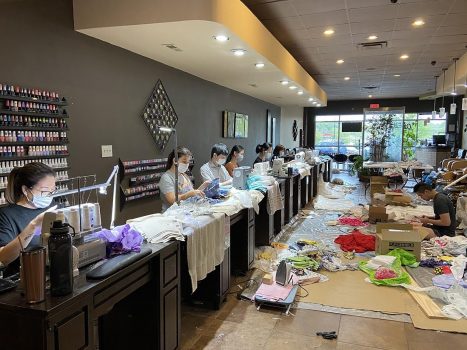
Vietnamese-owned nail salons donate thousands protective equipment to hospitals!
First of all, Huy Nguyen- owned his nail salon in Mobile, Alabama- closed two weeks ago in the pandemic of Coronavirus stage. He responded in this disease by donating the whole of the protective equipment in his stock. It includes a few hundred masks and eights boxes of gloves. Second, Nguyen – an owner of Top Nails 2 and dozens of other Vietnamese salon owners in Mobile contributed more than 134,000 gloves and 23,000 masks to a nearby hospital. “Fighting this virus is a responsibility for everyone,” he told NBC Asian America.
On the other side, he added “We don’t work in the health department; therefore, we can’t fight directly with Covid-19. However, we can share our responsibility and share what we have for the community.” Moreover, the nail industry in the U.S is worth billions of dollar. The health care expert proclaims about lack of medical protective equipment. Then, Vietnamese-owned nail salons across the country give masks; and protective gloves – essential hygiene items in every salon, for hospitals in their community.
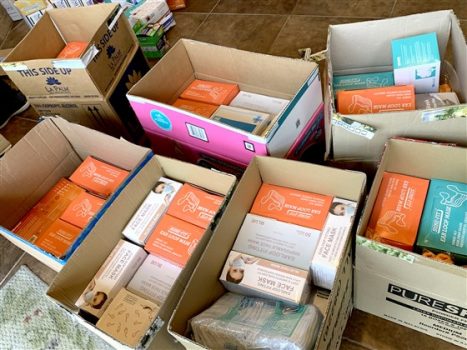
Besides, Lisa and her parents – owned Cowboys Nail Bar in Plano, Texas; contributes 14 boxes of N95 masks to family members who work at the University of Texas Southwestern Medical Center. In addition, in Brentwood, Tennessee, the co-owners of Zen Nails transfer their nail salon into a small factory producing face masks and gowns. Nail salon patrons donated sewing machines and money to buy raw materials for personal protective equipment. Also, they have created more than 3,000 reusable masks and robes donating to three local hospitals: St. Thomas Medical Partners, Williamson Medical Center and HCA Healthcare.
What’s next?
Rosalind Chow, associate professor of organizational and theoretical behaviour at Carnegie Mellon University; said the network effect could amplify charitable actions. Making business owners and employees willing to do the job; giving up these resources without knowing whether they will be returned is a true testament to their desire to help, Chow said.
